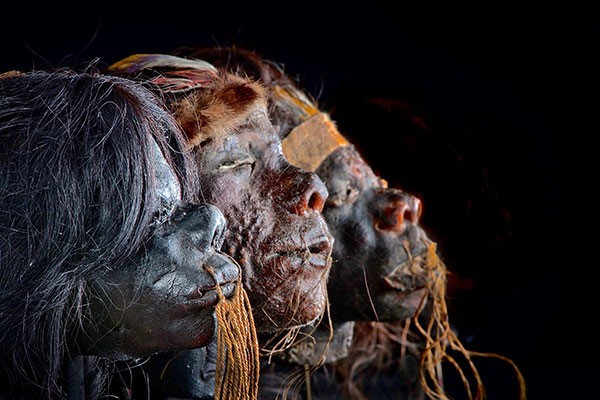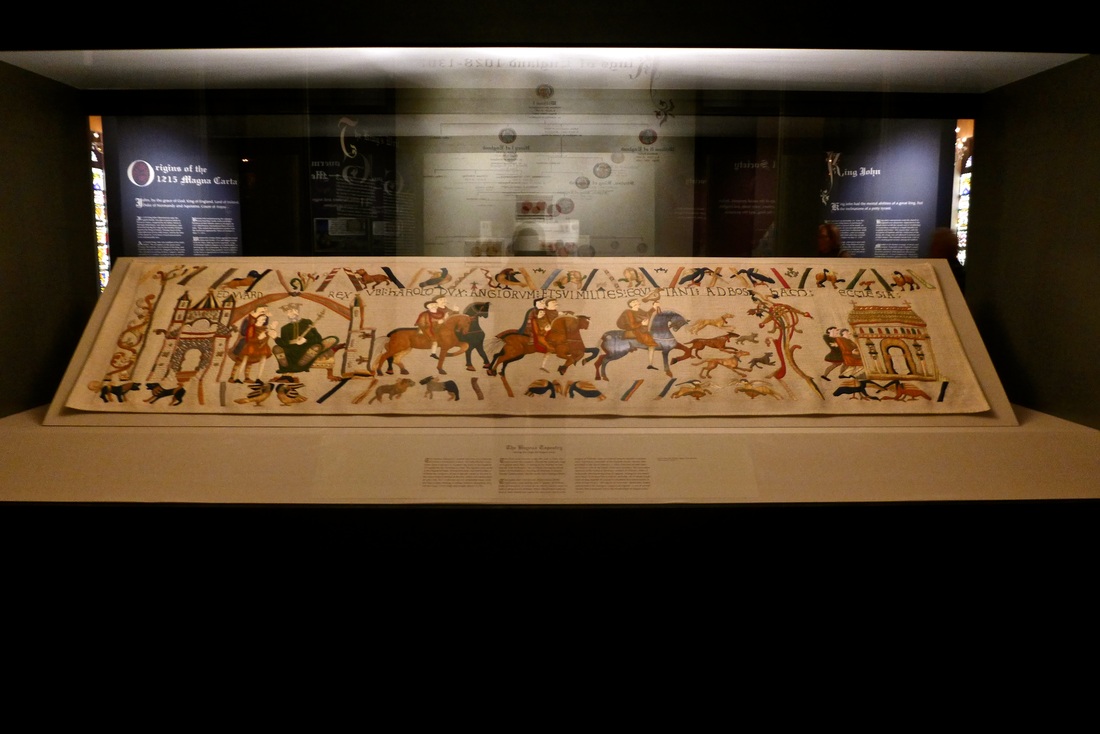Editor’s note: This guest post was written by Andrew Millar, British Consul General in Houston, Texas.
 I spend a lot of time in this job talking about the core values that the UK and the U.S.A. share. These values underpin the closeness of our bilateral relationship and provide the foundation for what President Obama called “one of the greatest alliances the world has ever known.”
I spend a lot of time in this job talking about the core values that the UK and the U.S.A. share. These values underpin the closeness of our bilateral relationship and provide the foundation for what President Obama called “one of the greatest alliances the world has ever known.”
Our relationship with Texas is especially close. We appointed my first predecessor in 1842, accredited to the newly formed Republic of Texas. That seems like a long time ago, but that span of time is dwarfed by the recently arrived copy of the Magna Carta dating from 1217. There is a real sense of vertigo when looking at this small piece of vellum: both because of its age (nearly 800 years) and its significance in defining those core values that bind our nations together.
When King John signed the document in 1215, no monarch had ever before ceded absolute power to the rule of law. The Magna Carta is the first legal document to protect the rights of citizens and limit the power of the monarchy — the end of the tyranny of Kings etched on to a piece of sheepskin.
Of course, it took many years for its values to become entrenched and some Kings were less bound by it than others, but it remains the stuff of legends. Even today, every British child knows the story of bad King John, the Sheriff of Nottingham and Robin Hood. It was the punitive taxes imposed by King John and enforced by his Sheriffs that drove the Barons into rebellion and forced a weak King to sign away his absolute power. We have not had a King named John since.
The Magna Carta has been universally recognized as a key milestone in the global history of democratic governance, and its impact extends well beyond the UK’s borders. The Magna Carta’s message of liberty and human rights has served as a foundation for the United Nations Declaration of Human Rights and the European Union Charter of Human Rights, and it has also inspired the constitutions of countries all over the world — including the United States Constitution.
 When America’s founders first drafted the Constitution and the Bill of Rights, they looked to English law and the Magna Carta as a template for guaranteeing freedom and justice in the new nation. Many basic legal concepts that are held dear by Americans today, such as the right to a free trial, can be originally traced back to the Magna Carta.
When America’s founders first drafted the Constitution and the Bill of Rights, they looked to English law and the Magna Carta as a template for guaranteeing freedom and justice in the new nation. Many basic legal concepts that are held dear by Americans today, such as the right to a free trial, can be originally traced back to the Magna Carta.
Today the UK also proudly maintains a tradition of promoting civil liberties and the rule of law throughout the world. In its recently released Human Rights and Democracy Report, the British government has outlined its goals to continue working with the U.S. and others to end discrimination, censorship, and other undemocratic practices internationally. This reflects a strong worldwide commitment to upholding the values that were enshrined in British law nearly 800 years ago.
I hope that readers living in Texas or close enough to visit the Museum of Natural Science in Houston will go and reflect on this magnificent piece of history.
About Andrew Millar, British Consul General in Houston
Andrew Millar has served as the British Consul General in Houston since August 2011. He joined the Civil Service in 1994 working as a regulatory economist within the Office of Gas Supply and joined the FCO in 1996, as a regional economist for the Americas and Caribbean. In 1998, was promoted to cover the Asia regional economy portfolio.
Andrew was posted as First Secretary to Pretoria (2000-05). On return to London, he took over as Team-Leader for Energy Security in the Climate Change and Energy Group within the FCO. He also served as UK representative on the non-member country committee in the International Energy Agency and was a member of the G8 Energy Experts Group in the run up to the St Petersburg Summit.
He moved into Human Resources in 2007, as Team Leader – Training and Development, before being pulled back into energy security. He was appointed lead within the FCO on preparations for the London Energy Meeting in December 2008.
Andrew started work in the Health Physics department at Torness Nuclear Power Station in 1983. He left in 1990 and obtained a Degree and Master in Economics from the University of East Anglia. Andrew is married with two children.






